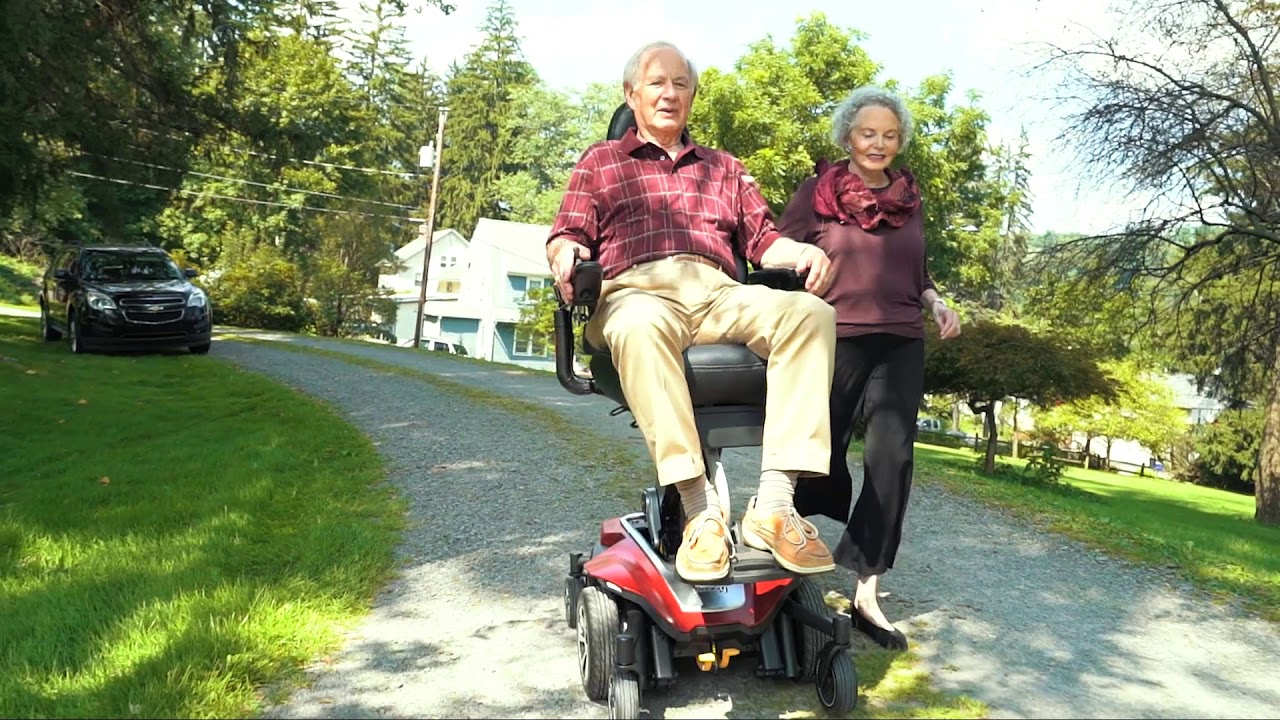As we age, our bodies undergo various changes that affect our overall health. For elderly individuals and women, maintaining strong bones is crucial. But, which mineral is important for supporting bone strength, especially in these demographics?

Understanding Bone Health
Bone health is a vital aspect of our overall well-being. The skeleton provides structure, protects organs, anchors muscles, and stores crucial minerals. For women and the elderly, bone density tends to decline, making the understanding of supportive minerals essential.
The Role of Calcium
When discussing bone health, calcium often takes the spotlight. This mineral is stored in bones and teeth, providing them with strength and structure. It’s especially significant for the elderly and women as they are more prone to osteoporosis.
How Much Calcium Do You Need?
The recommended daily allowance varies, but for women over 50 and men over 70, approximately 1,200 mg of calcium per day is advised. Visit here for more tips.
The Importance of Vitamin D
While calcium is crucial, vitamin D plays a significant role in helping the body absorb calcium effectively. A deficiency in vitamin D can lead to weakened bones and increase the risk of fractures.
Sources of Vitamin D
Sunlight is a primary source of vitamin D. However, it can also be obtained from foods such as fatty fish, liver, and fortified foods.
For more information on comfort tools for the elderly, click here.
Magnesium’s Role in Bone Health
Magnesium is essential in converting vitamin D into its active form, which aids in calcium absorption. Hence, without enough magnesium, calcium and vitamin D may not function optimally.
Phosphorus and Its Contribution
Another crucial mineral is phosphorus. It works closely with calcium to build strong bones and teeth. The synergy between phosphorus and calcium is vital for bone health.
Zinc: Not Just for Immunity
Though often recognized for boosting immunity, zinc is also important for bone growth and development. A deficiency can lead to impaired bone growth.
Getting Enough Zinc
Zinc can be found in foods like meat, shellfish, legumes, and seeds. It’s crucial to include these in your diet to maintain adequate levels of zinc.
Check out our tips on a hand massager for women for relaxation and health.
Why Elderly Women Need Special Attention
Women, especially those who are postmenopausal, experience a decline in estrogen levels, increasing their risk for osteoporosis. This makes the intake of these essential minerals all the more important.
Incorporating a Balanced Diet
A balanced diet is key to ensuring you get enough of these vital minerals. Incorporating a variety of foods can help meet your nutritional needs.
Supplements: A Necessary Addition?
For some, diet alone may not be sufficient. In such cases, supplements can be a practical solution. However, consult with a healthcare provider before starting any supplement regimen.
The Synergy of Minerals
It’s important to understand not just the individual importance of these minerals but how they work together to support bone health. A diet rich in these nutrients ensures strong and healthy bones.
Conclusion
In conclusion, understanding which mineral is important for the elderly and women in supporting bone strength is crucial. A combination of calcium, vitamin D, magnesium, phosphorus, and zinc, alongside a balanced diet and a healthy lifestyle, provides the foundation for maintaining strong bones.

FAQs
What is the most critical mineral for bone strength?
Calcium is the most critical mineral for bone strength.
How can elderly individuals ensure they get enough vitamin D?
Through exposure to sunlight and consuming vitamin D-rich foods like fatty fish.
Is it necessary for everyone to take supplements?
Not necessarily. It depends on individual dietary needs. Consult a healthcare provider to know whats right for you.
This article contains affiliate links. We may earn a commission at no extra cost to you.

